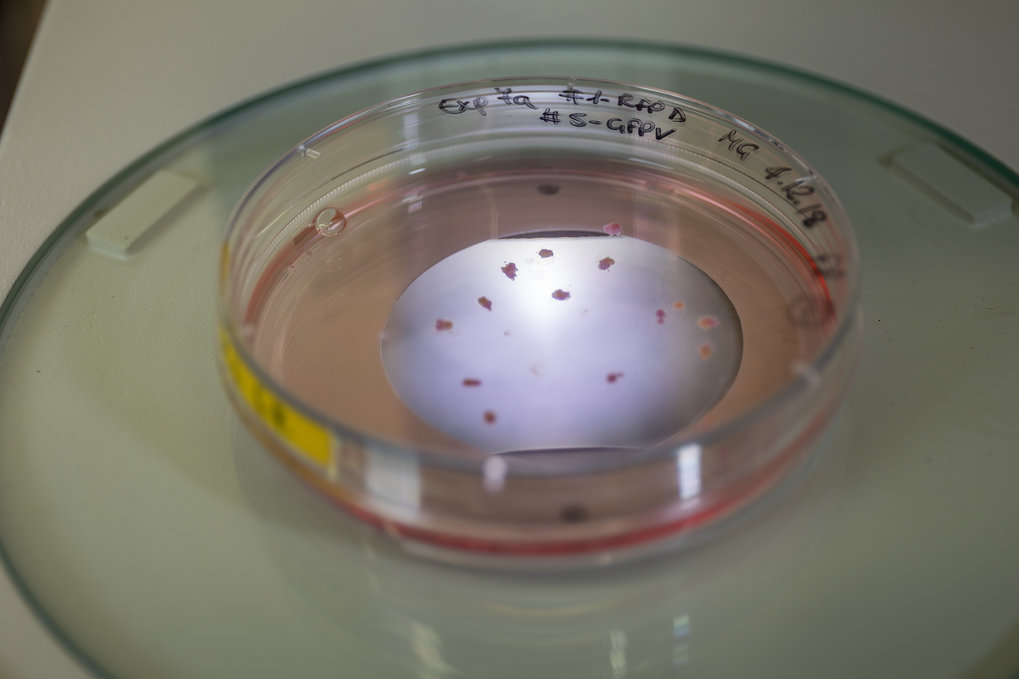Lab grown "brains" successfully model disease

Much insight into the brain’s function has been gained from scientists working with animal models. However, animal models have their limitations since animal brains undergo a very different development process to humans brains. Some research has been carried out on the human brain, but it has relied on post-mortem donations and cultured cells. Since human brain tissue is difficult to obtain and animal models can only model the human brain to a limited extent, there was a crucial gap in brain research and a novel method to model human disease was highly sought after.
The Cappello research group at the Max Planck Institute of Psychiatry in a highly collaborative work, particularly with the laboratory of Barbara Treutlein from the Max Planck Institute for Evolutionary Anthropology in Leipzig, have employed brain organoids to model developmental brain malfunctions. These brain organoids have revolutionized neuroscience as they can recapitulate the way neurons differentiate in development to a remarkably high degree. When the human brain develops, new cells grow and aggregate in a very specific order.
The brain organoids in this study were grown from skin cell biopsies donated by patients. Silvia Cappello, who leads the work, explains: “We reprogrammed the skin cells into induced pluripotent stem cells. These pluripotent stem cells were then used to generate brain cells, which could be differentiated into many different types of brain cells.” The different types of brain cells and their interactions can then be studied behaving in a way they would in an actual human brain. Cappello adds: “Brain organoids give us a much clearer picture of how brain cells are functioning and can accurately model human neurological diseases.”
The ability to model human brain development in vitro holds tremendous translational value. Brain organoids have already helped scientists to better understand the Zika virus, Alzheimer’s disease and autism. As the brain organoid is grown from the cells of an individual, it allows scientists to study exactly what is happening in individual patients. Cappello concludes: “Validating brain organoids represents a hugely important step in helping us to understand developmental and neurological disorders and they hold great promise for discovering new treatments.”
